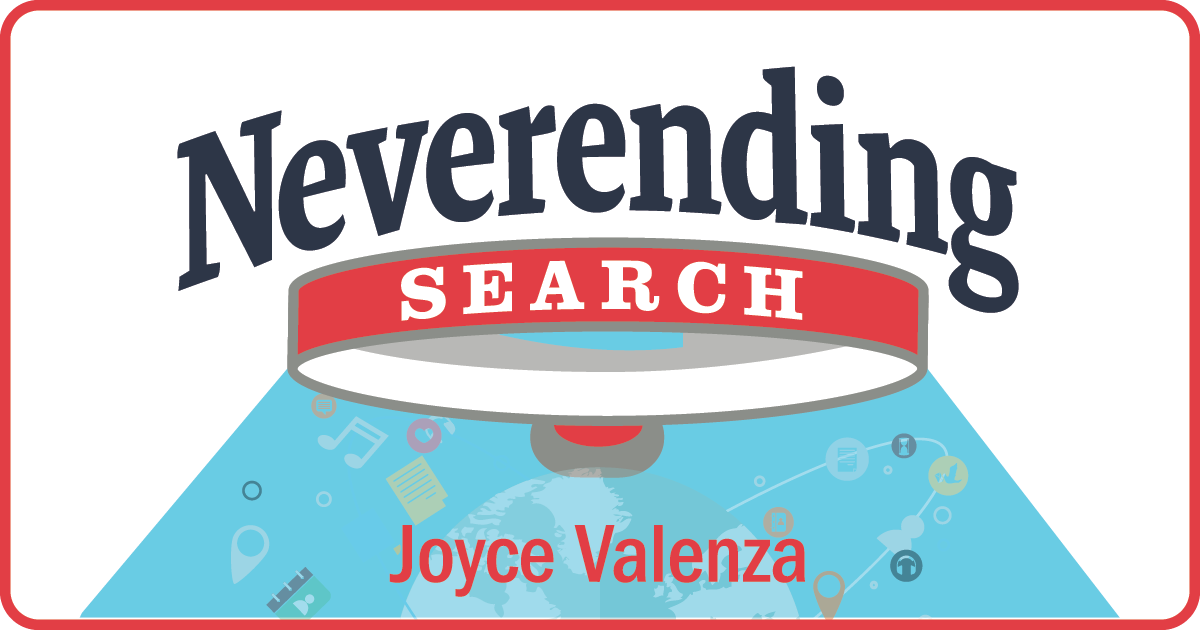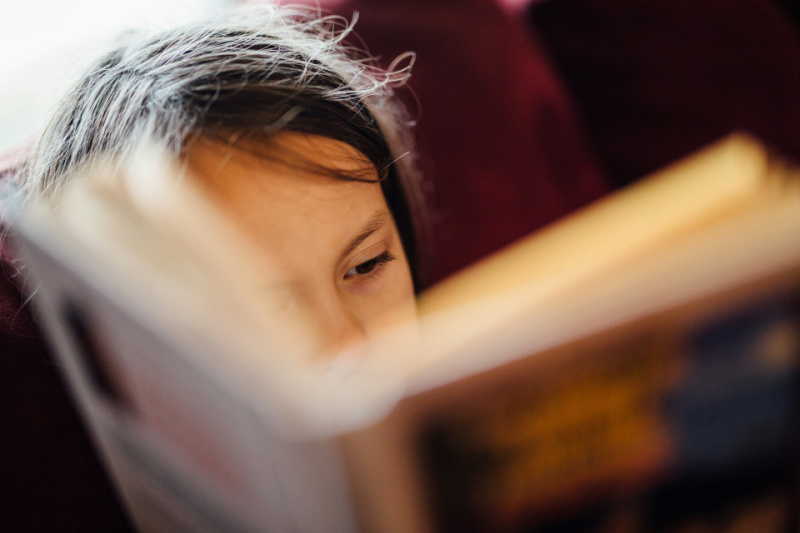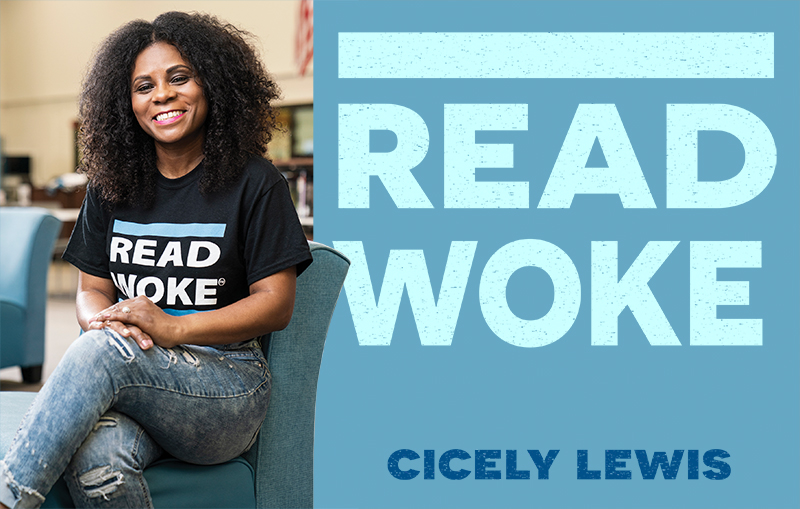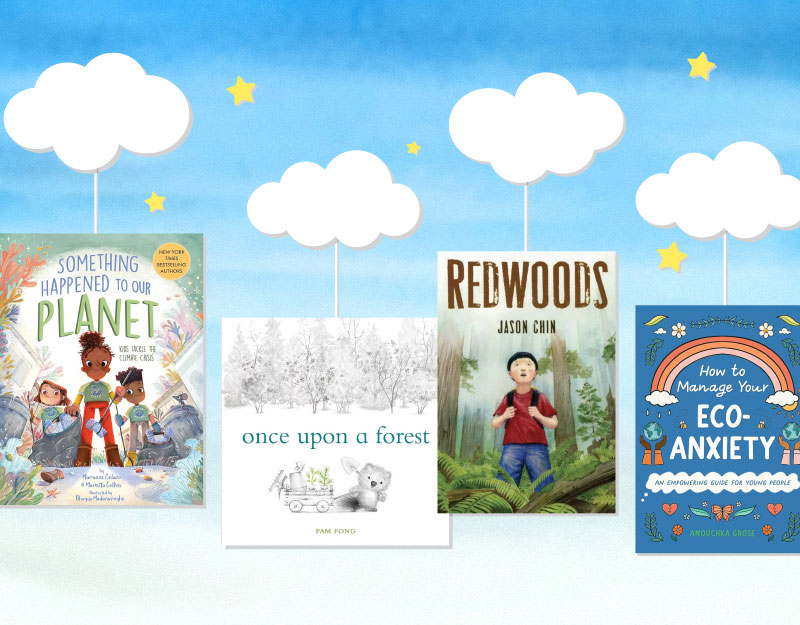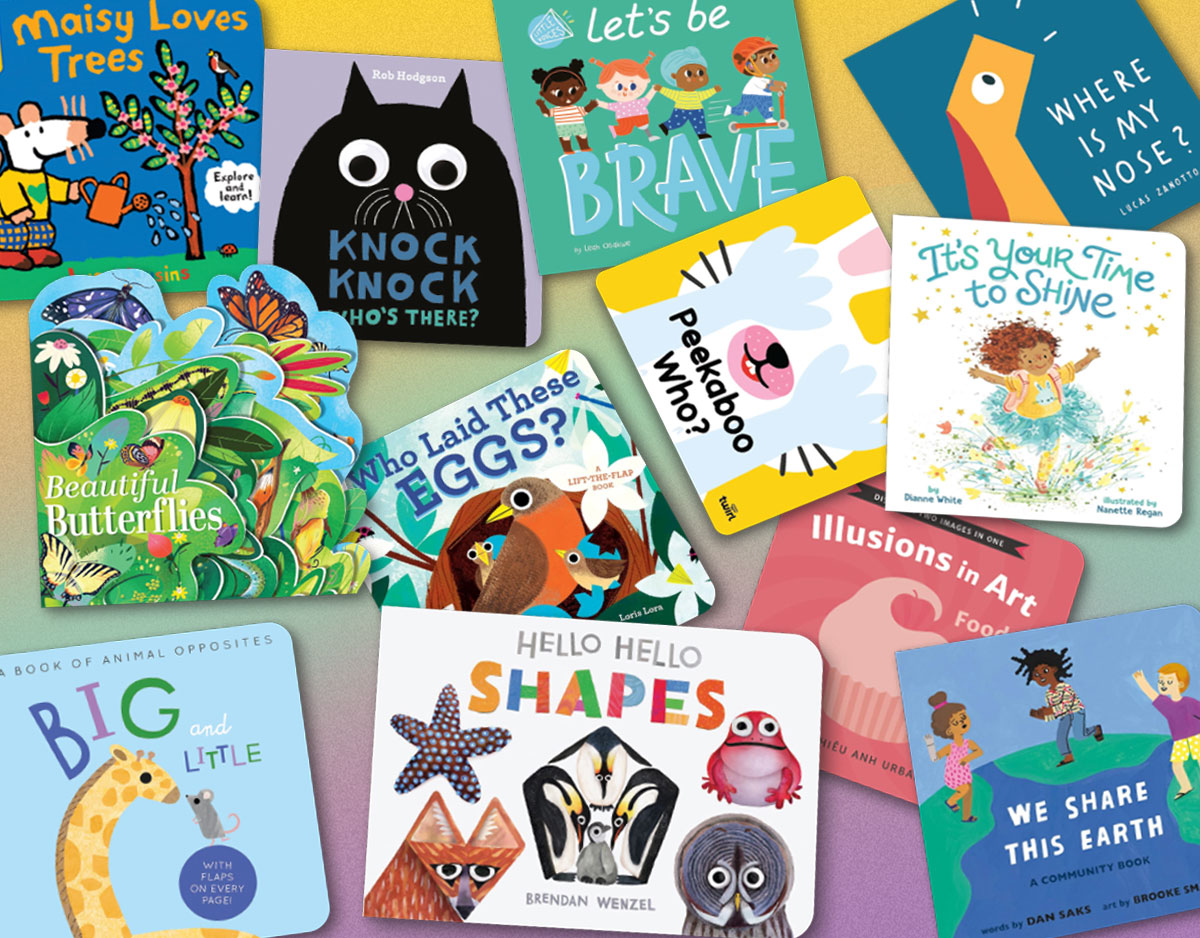SCROLL DOWN TO READ THE POST
Michelle’s orientation & our #bwad e-book!
I asked Michelle Luhtala if she’d allow me to share her approach to high school freshman orientation.
For me it speaks volumes about the spirit of today’s library and where we all aspire to go in terms of intellectual freedom.
It speaks with student voice.
It introduces principles and responsibilities. It emphasizes trust. It emphasizes the role of social networking in learning. And it emphasizes mobile learning devices as tools for productivity and citizenship.
Michelle not only allowed me to share her video, she prepared this guest post.
(Please read below to see how you can participate in Michelle’s #bwad crowdsourced ebook!)
The backstory:
On the last day of school in 2011, on exam review day (a New Canaan idiosyncrasy – the instructional day that follows exams and graduation), our students wrote and filmed a welcome video for the incoming NCHS class of 2015.
I wrote about this last year, when we screened the video to our assembled freshman class on their first day of high school. The video got some attention. Lisa Nielsen, author of The Innovative Educator Blog and Teaching Generation Text, referenced it in several posts and during many of her presentations. Our friend Jeremy Angoff also uses it when working with schools through his Boston-based technology integration, support, and PD firm, OunceIT.
ADVERTISEMENT
ADVERTISEMENT
And back here at New Canaan High School, the kids loved it. We do feel as though it set the tone for the year. The underlying messages being . . .
- Respect is part of our school culture
- Students and teachers contribute to that culture
- We share a philosophy grounded in mutual trust
- This is a privilege that demands responsible behavior
Sadly, this is a complete reversal of what you often see in education – the assumption that to protect the masses from the infractions of a few, we need to constrain everyone. It is a policy that is antithetical to education itself.
The line, there are some unique responsibilities associated with that, suggests that a failure to honor our established culture of trust will be disruptive and offensive not only to adults in the building, but to peers, and particularly older peers – the upperclassmen.
I’ve been a teacher for a long time, and I’ve known plenty of students who deliberately scoff at the authority of adults, are rude to their classmates, and are disrespectful. But it is so much harder for a student to act out deliberately against a positive culture that is embraced by an entire learning community, particularly if that student benefits from it directly.
It’s a very simple recipe.
I would never suggest that it is fail-proof, or that it always works, but it is one that is clearly aligned with a core principle of education itself:
With the right nurturing, guidance, and instruction, all students are capable of growth and learning.
It is a far more constructive approach than,
With the right banning, censorship, and prohibitions all students will be safe.
Back to school 2012:
August 28th was New Canaan High School’s first day of classes, and like last year, after the 10th, 11th, and 12th graders were dismissed at 11:45, our freshmen had lunch, and then attended an informational assembly. The session is intended to give students an overview of all the high school has to offer, and the library program is among those featured. Rather than try to tell the students all about the program, we showed them the We Trust You 2012 video. It follows.
On rethinking policy:
And this bring me to my next point. Wednesday October 3rd is the American Association of School Librarians’ (AASL) Banned Websites Awareness Day (#BWAD on Twitter), which provides all educators, parents, and students with an opportunity to articulate the impact of arbitrary filtering and overly restrictive policy in K-12 learning environments.
The librarian community is championing this initiative, and we’re engaged in a conversation about it with authors, policy-makers, bloggers, educators and students.
A plan:
So we have a plan. To celebrate Banned Websites Awareness Day (#BWAD on Twitter), we are compiling an eBook–you remember the “Burn Book” in the movie Mean Girls?
Well this is our Banned Book – banned learning, that is.
We are looking for testimonials and pictures – a response to the question:
How does filtering constrain your learning, and your personal and professional growth?
accompanied by a photo or illustration to include with the comment.
Alternately you may email your responses to Michelle, or tweet them with the #bwad hashtag.
Filed under: BYOD, intellectual freedom, orientation
About Joyce Valenza
Joyce is an Assistant Professor of Teaching at Rutgers University School of Information and Communication, a technology writer, speaker, blogger and learner. Follow her on Twitter: @joycevalenza
ADVERTISEMENT
SLJ Blog Network
2024 Books from Pura Belpré Winners
Passover Postings! Chris Baron, Joshua S. Levy, and Naomi Milliner Discuss On All Other Nights
Winnie-The-Pooh | Review
Crafting the Audacity, One Work at a Time, a guest post by author Brittany N. Williams
The Classroom Bookshelf is Moving
ADVERTISEMENT
ADVERTISEMENT

